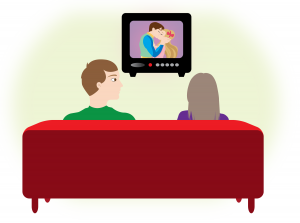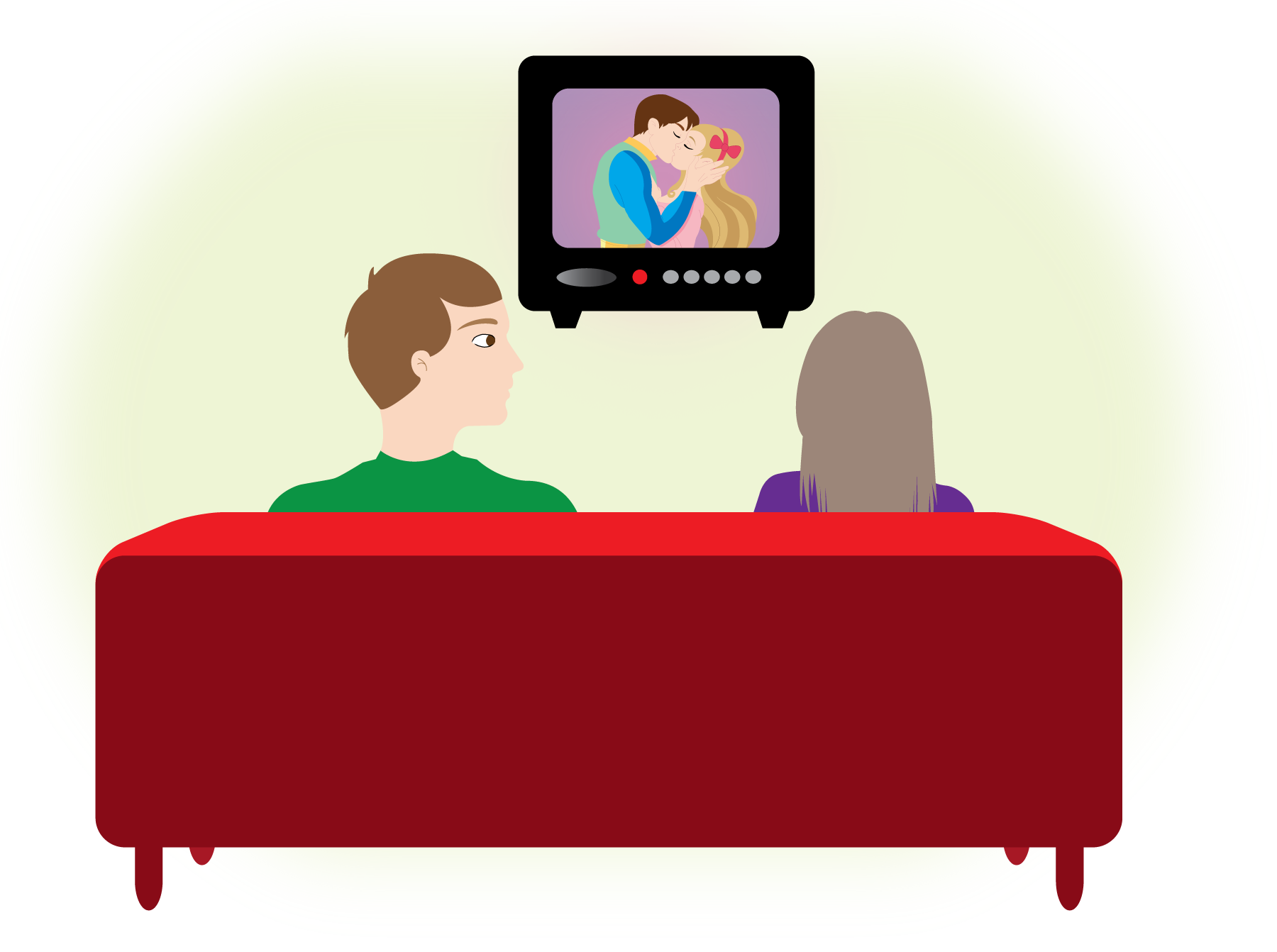
Last August, (500) Days of Summer star Joseph Gordon-Levitt gave an interview in Playboy magazine where he briefly discussed the outlook of Tom Hansen, the character he played in the 2009 indie film.
“He develops a mildly delusional obsession over a girl onto whom he projects all these fantasies. […] That’s not healthy. That’s falling in love with the idea of a person, not the actual person.”
We’ve all known at least one friend like this, the hopeless romantic with unrealistic expectations who sighs after watching The Princess Bride for the tenth time. They are constantly searching for the one who meets their long list of criteria, who will perfectly complement their own life and make them ‘whole.’ They talk of ‘Prince Charmings’ and girls who ‘really get them,’ citing Friends or The Notebook as perfect examples of ‘true love.’
These poor souls obviously have their heads in the clouds, but does that mean these hopeless romantics are setting themselves up for failure? Just how do fantasy relationships influence real life relationships?
A recent study from Albion College in Michigan asserts that, as a matter of fact, people who believe that television romances are portrayed realistically do handle relationships very differently, and in exactly the way you’d expect.
Researchers questioned 392 married individuals on their television viewing habits, as well as their belief in the realism of television portrayals.
According to the study “When TV and Marriage Meet: A Social Exchange Analysis of the Impact of Television Viewing on Marital Satisfaction and Commitment,” individuals who spent more time watching romantic themed fare and had a higher than average belief in their plausibility had “lower marital commitment, higher expected and perceived costs of marriage, and more favourable perceptions of alternatives to one’s current relationship.”
The research showed that people who believe in these unrealistic portrayals tend to focus on the negative aspects of their relationship, such as their partner’s unattractive qualities and the loss of personal time and freedom that comes with sharing a life with someone else.
So, are couch potatoes more likely to be hoping for a manic pixie dream girl or sensitive jock than those with less time spent watching the small screen?
“Heavy television watching itself is not a particularly good predictor of these attitudes,” said Dr. Jeremy Osborn, a communications professor at Albion College and the author of the study.
Rather, what seems to be more important is how a person reacts to what they see on the screen.
“It seems that factors such as a person’s relational experience might affect the ways in which he or she processes the information they see on TV,” said Dr. Osborn, in an interview with scienceomega.com. “For example, adolescents who have little personal experience of their own are probably going to be more affected by TV portrayals.”
He refers to a 2006 study by Eileen Zurbriggen and Elizabeth Morgan who researched the associations between young adults and reality dating programs. They discovered that those who tuned in to this genre of television were less experienced in the sexual department. Furthermore, they identified men as being more likely than women to use reality dating programs as a learning outlet rather than just for entertainment purposes.
“It’s easy to see how adolescents and others with little experience might be more likely to see TV as a learning tool and to thus be impacted by what they watch,” said Dr. Osborn. “Individual-level factors like these seem to be where researchers should look next. What are the individual factors that help to predict whether or not somebody is likely to believe in these portrayals?”
To come full circle, let us consider another character from (500) Days of Summer: Tom Hansen’s friend Paul, whose last line of the movie speaks volumes. When asked about his current girlfriend, Paul says that she’s “better than the girl of my dreams. She’s real.”




